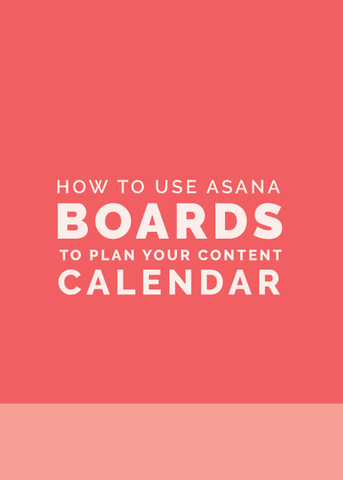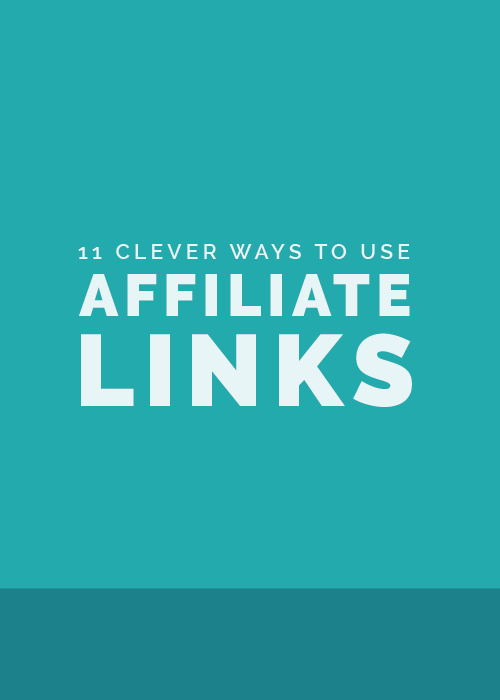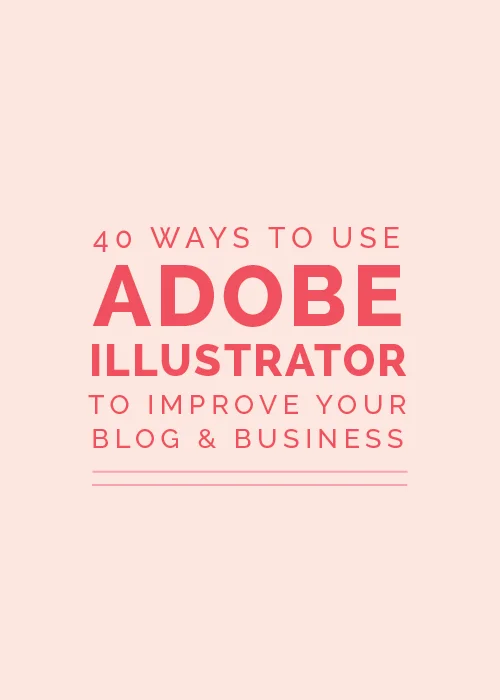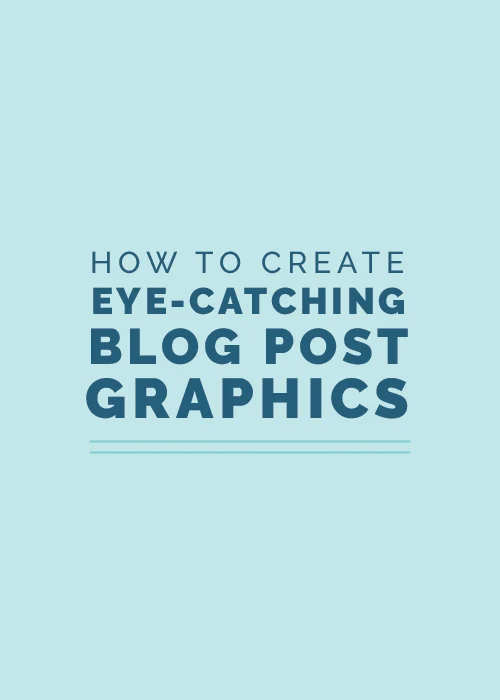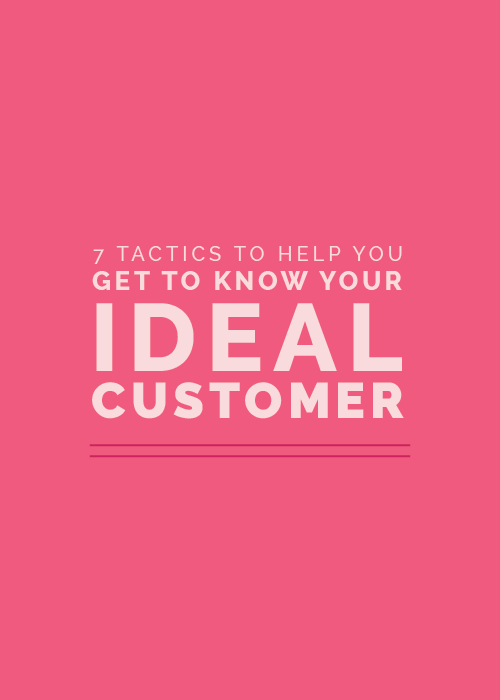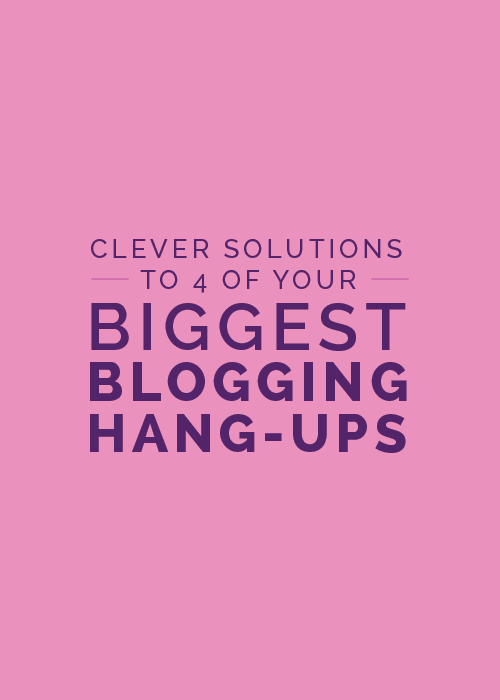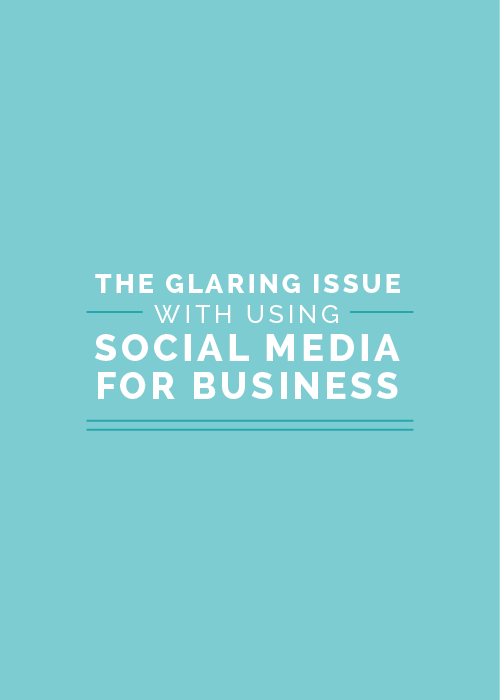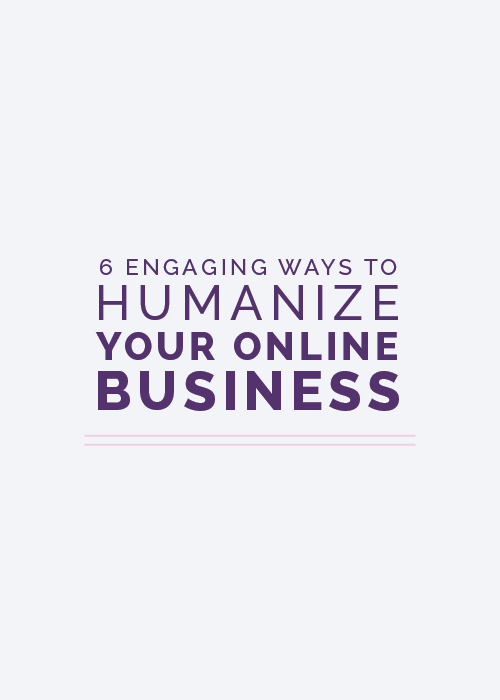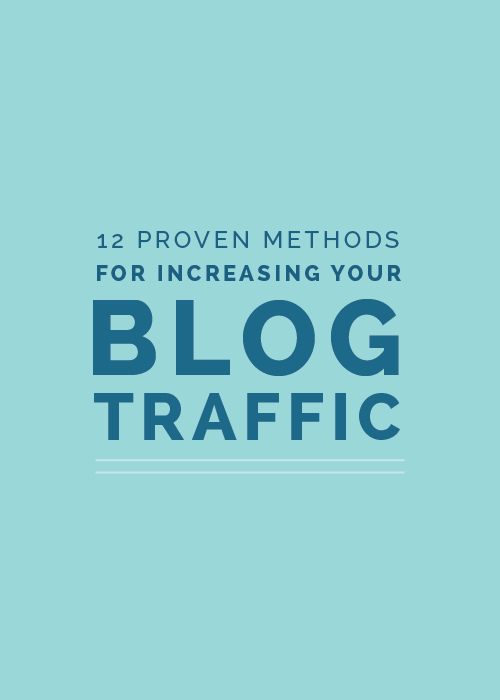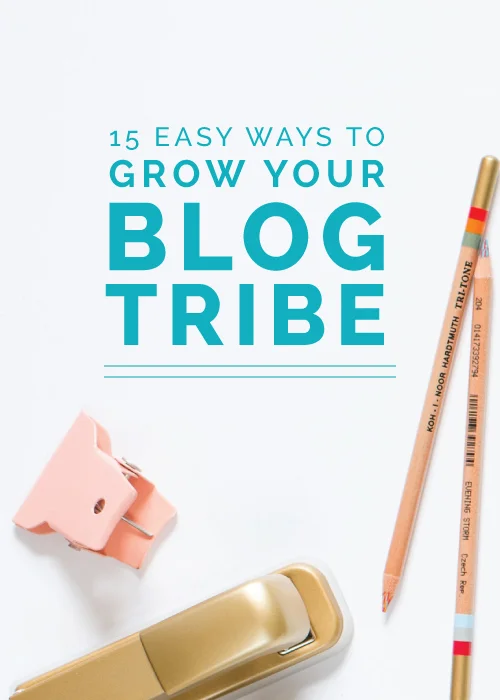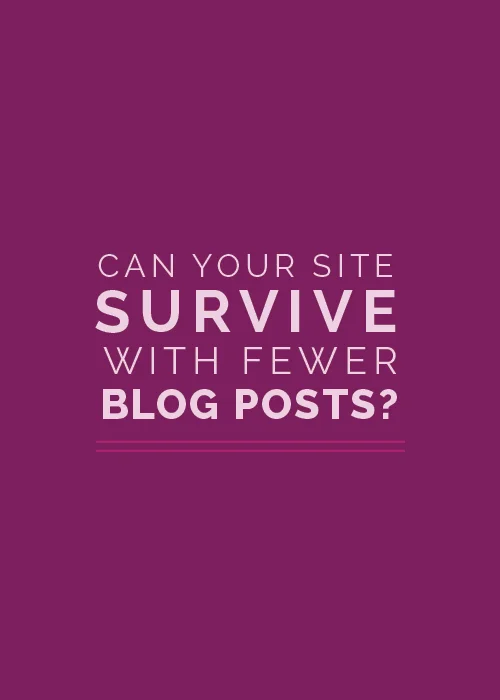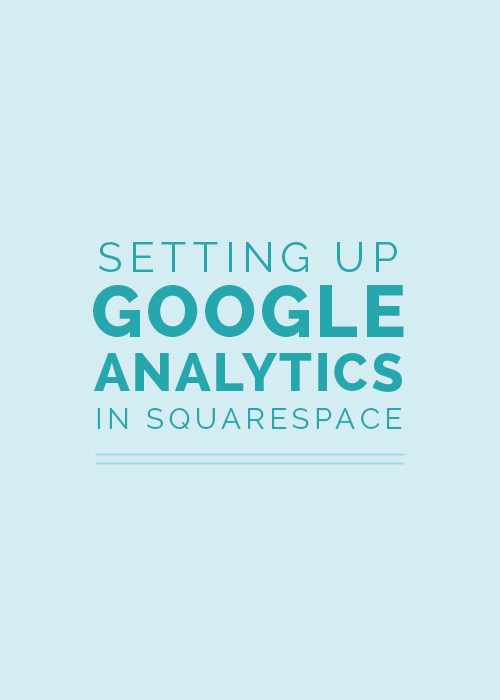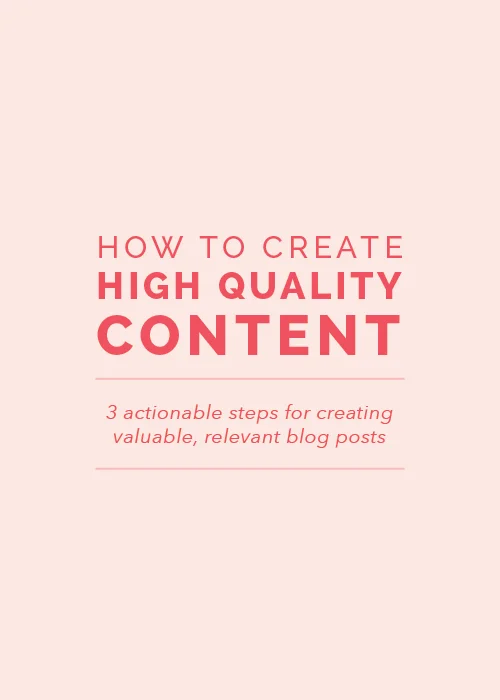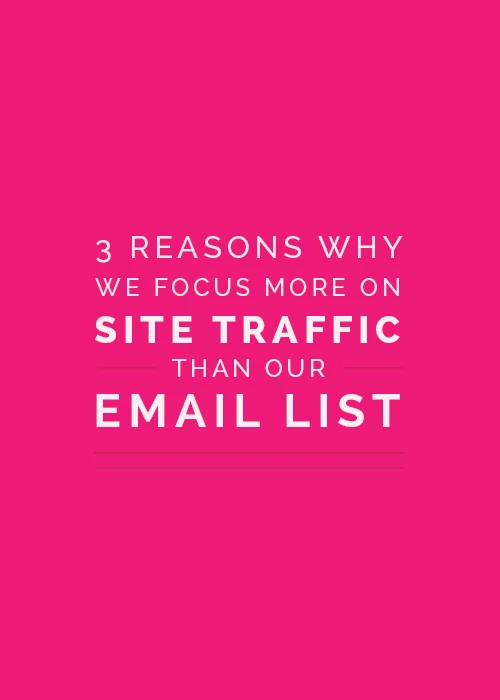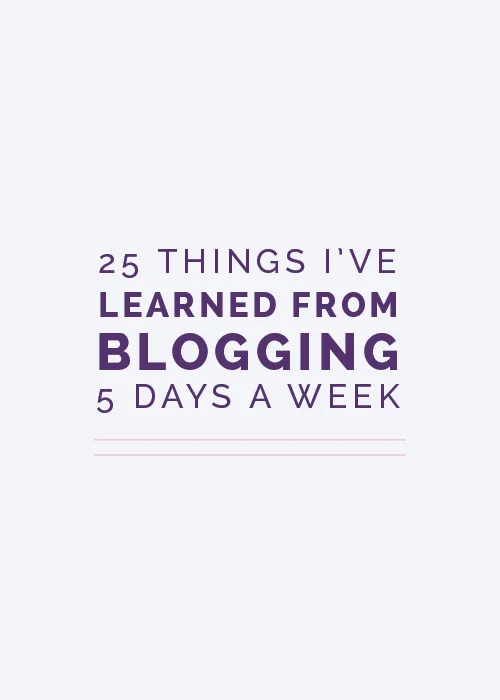People are always shocked when I tell them the primary reason my business grew quickly.
It wasn’t pouring all of my time and effort into curating a visually pleasing Instagram feed.
It wasn’t going to conferences and networking with the big shots.
And it definitely wasn’t through some big break.
“How else did you grow your business?” they ask me.
Few people want to believe that apart from blogging, my business would’ve failed soon after it started.
And they definitely don’t want to give it a go and make it work for their own businesses.
Maybe it’s because they don’t know how to use their blog.
Maybe they just don’t want to spend the time writing and growing their blog.
But I think the real problem lies with not being aware of the countless benefits that blogging can have for a business.
I’m constantly sharing these benefits in coaching calls, speaking engagements, networking events, and regular conversations.
So it’s about time I shared them on the blog, too.
1 | Blogging keeps people returning to your site on a consistent basis
Let’s pretend you have a brick and mortar storefront on Main Street.
People stop in and out of your shop on occasion, browsing through your offerings and possibly making a purchase.
But unless you’re a coffee shop or a post office, potential clients and customers aren’t going to return to your store day after day.
Your website is your online storefront.
It’s where people view your portfolio, check out your offerings, inquire about your services, and purchase your products. It’s where all the action happens.
If you let it sit stagnant and only update your site every once in awhile, people won’t have any reason to return on a regular basis.
Blogging, however, gives people a reason to return to your “online storefront” on a regular basis.
When you consistently provide new, valuable content that benefits prospective clients and customers, you’re giving them a fantastic reason to visit your site weekly or even daily.
And the more they visit your site, the more familiar they’ll become with your business and the more likely they’ll purchase your products and book your services in the future.
Related post: Don’t Believe the Lies: Why Site Traffic Matters
2 | Blogging builds trust with potential clients and customers
Before someone will purchase your products or book your services, they have to trust you.
They have to trust that you’re the person for the job, that you’re worth the investment, and that you know what you’re doing.
Some of that proof can come from a beautiful portfolio and glowing testimonials.
But when you share in-depth, insightful blog posts about your field, you’re able to highlight your expertise and build credibility with potential clients and customers.
Especially if your audience follows your advice and sees success from it.
This is extremely helpful for those of you who are just getting your feet wet in business and may not have much credibility in your industry yet.
When I started Elle & Company, I had a Bachelor’s Degree in Visual Communication Design and a year and a half of full-time design experience at a startup company.
But I didn’t have much experience designing brands and websites for creative small businesses.
My portfolio was all over the place, I didn’t have any testimonials, and I wasn’t bringing in very many design clients because I had no idea how to reach them.
So I changed the scope of my blog.
I needed to develop credibility and build trust. So instead of posting a hodgepodge of recipes and personal posts, I started sharing about design and branding in order to attract potential clients.
Within 4 months, client inquiries started pouring in.
Within 6 months, my client calendar completely booked out for the year.
And within 12 months, my client waiting list grew to 100+.
If you want potential clients and customers to take you seriously, you have to earn their trust.
What better way to do that than to share your expertise first hand on your blog?
Related post: One Word Worth Building Your Business Around
3 | Blogging positions you as an expert
The more you share that expertise, the more you’ll begin to be seen as an expert in your industry.
This can lead to a world of other business opportunities, including:
- Speaking engagements
- Book deals
- Coaching
- Consulting
- Online courses
….and more.
All of my speaking engagements have come about through the content I’ve shared on my blog.
I started a course on Adobe Illustrator two years ago after numerous blog readers asked me how I create Elle & Company graphics.
And I recently started offering coaching services after spending a large portion of each week providing free advice to blog readers over email.
You never know what kinds of opportunities will come your way when you share content and demonstrate your expertise through your blog.
4 | Blogging increases your website’s SEO
Google’s mission is to match your search with the most appropriate content out there.
They decide which links are going to appear on the first page of a Google search based on a number of factors, including:
- Keywords
- The number of pages on the website
- How many times the website has been linked to
- How often the website is updated
...and more.
Search engine optimization (SEO) is a term that refers to increasing your website’s ranking in Google.
It’s a topic that can get really complicated, really quickly.
People go to great lengths and spend a lot of time trying to get their site to rank higher on Google by building in a bunch of keywords, installing plugins, focusing on alt tags, asking people to link to their posts...
And I find it slightly humorous, because if they put as much time into blogging as they did trying to find workarounds for SEO, they would rank much higher in search engines.
Blogging is the most organic way to boost your website’s SEO.
When you consistently share new, in-depth content on a regular basis, you’re naturally going to include keywords, more pages on your website, and more links to your site, and your website will be updated on a regular basis.
And isn’t that what Google is after in the first place? Matching a search to the best, most appropriate content?
Related posts: SEO Made Simple, How to Create SEO-Rich Content
5 | Blogging takes the sleaze out of promotion
I hate selling.
It’s my least favorite part of running a business, but there’s no avoiding it; I have to sell my products and services in order for Elle & Company to stay afloat.
But that’s yet another reason blogging has been incredibly helpful.
Blogging allows you to organically and strategically mention your offerings without coming across as being salesy or manipulative.
For example, in preparation for selling my first ever Adobe Illustrator Basics course, I shared a blog post on 40 Ways to Use Adobe Illustrator for Your Business.
I showed my audience several tangible ways that Illustrator could be used to accomplish their day-to-day tasks, demonstrated their need for the program, and then pointed them toward my course.
Your posts and promotions won’t feel salesy if they’re helpful and valuable to your audience.
That’s the beauty of blogging.
You can share in-depth looks at new portfolio additions, product uses, user testimonials, etc. without coming across pushy, sleazy, or manipulative.
Related posts: How to Sell Anything to Anyone, Anywhere
6 | Blogging leads to an increase in social media shares
Companies who blog receive 97% more links to their website (source).
This statistic shouldn’t be all that surprising, because blogging gives people content to share across all platforms.
People aren’t usually going to share your website’s about page or homepage with their friends and family on Facebook, but they will share or a pin a blog post on 11 Quick and Healthy Weekday Lunch Ideas (or any other content they find helpful).
Blog readers often pin images from blog posts nowadays to not only share the content with others, but to save the posts and refer back to them later.
And because pins have a long lifespan and Pinterest has become its very own search engine, these pinned posts increase the likelihood that more and more people will follow a pin and find your site.
So if you’re trying to expand your reach and grow an audience full of people who will purchase your products and services in the future, blogging is a great way to get your site in front of people through social shares.
Related post: This One Site is My Largest Blog Referral (And How to Make it Yours, Too)
7 | Blogging provides feedback and ideas for new offerings
Wouldn’t it be great if your audience told you what they wanted to buy from your business instead of having to take guesses?
Blogging allows you to take out the guesswork on new offering ideas and see firsthand which topics your audience enjoys most through blog analytics and engagement (like comments and shares).
Before settling on a new course idea or product, you can take a look at your blog analytics to see which categories and topics get the most views and shares.
If you blog consistently, your audience will also tell you what they want to learn more about.
That was how my Adobe Illustrator Course came about; Elle & Company blog readers kept asking me how I created my graphics and asked for tutorials on how to use Illustrator.
Had it not been for blogging, I wouldn’t have recognized the opportunity to launch a course that now brings in a significant amount of income for my family.
8 | Blogging is a great solution for answering FAQs
Do you keep getting the same questions over and over about your business, your industry, or your offerings?
Write a blog post to answer them!
Not only will this save you time in the future and provide a much more in-depth answer for inquirers, but it will probably be one of your top-shared posts (because if you’re getting asked this question a lot, there are probably more people out there asking it, too).
You can either link to the post in an email when people inquire in the future, or try to guard against an FAQ email altogether by linking to the post in an FAQ section on your contact page (like mine here).
9 | Blogging builds loyalty
When you consistently share your expertise and your unique perspective, your audience is much more likely to find commonalities with you.
And over time, these commonalities form a bond.
People will also feel like they know you after reading your perspective on a consistent basis.
Consider the blogs you read most. You probably know the blogger’s name, story, expertise, and maybe even a few personal details.
Even though you’ve probably never met them and that person doesn’t know who you are, you feel as if you know them.
This relationship between you and your readers has the potential to build loyalty, and loyalty has the potential to lead to sales and bookings.
Related post: How to Build a Loyal Blog Audience
10 | Your blog can’t be taken from you
Social media is a fantastic, free way to market your business and grow an audience.
But if Instagram, Pinterest, Facebook, and Twitter go down and disappear tomorrow, where will your audience come and find you?
Will they even know the URL to your website? Will they remember your business well enough to come looking for it?
When you depend solely on social media to promote your business, you’re at the mercy of those social media outlets.
But your blog can’t be taken from you.
You own your website. You have complete control over your content.
And when you post on a consistent basis and people enjoy your content, they’ll bookmark your site and return to it on a regular basis.
Related post: Social Media is Changing (And 3 Free Marketing Alternatives)
11 | Blogging helps you grow your other followings
Are you trying to grow your Instagram following? List size? Webinar attendance?
Focus on growing your blog following first.
By driving traffic to your website, people will be able to directly access your social media accounts, subscribe to your list, and sign up for webinars and other events.
All at once. And all from one place.
Especially if you’re providing helpful content that benefits your audience.
If people enjoy your blog content, they will certainly want to follow you across all of your other channels.
12 | Blogging provides content that you can use over and over
Blogging might take a lot of time and effort at the forefront, but the content you create can be reused over and over again throughout the life of your business.
I’m constantly referring back to old Elle & Company posts to help me create new content for things like:
- Courses
- Presentations
- Speaking engagements
- Ellechat webinars
- Content upgrades
- Newsletters
...and more.
It’s an archive that’s chock-full of information not only for my readers, but for me.
And the same can be true for you, too.
If you hope to save time on newsletters, courses, content upgrades, and presentations in the future, or you hope to branch out into webinars or podcasts, blogging lays a great foundation for content.
Are you convinced? Here are some past Elle & Company posts to help get your blog off the ground:
Clever Solutions to 4 of Your Biggest Blogging Hang-Ups
How to Create the Quintessential Editorial Calendar
12 Proven Methods for Increasing Your Blog Traffic Today
How to Create High Quality Content
How to Successfully Blog for Business
How to Create Catchy Headlines









